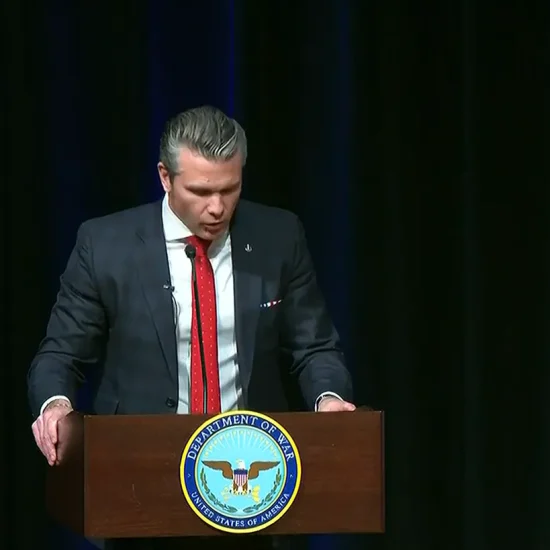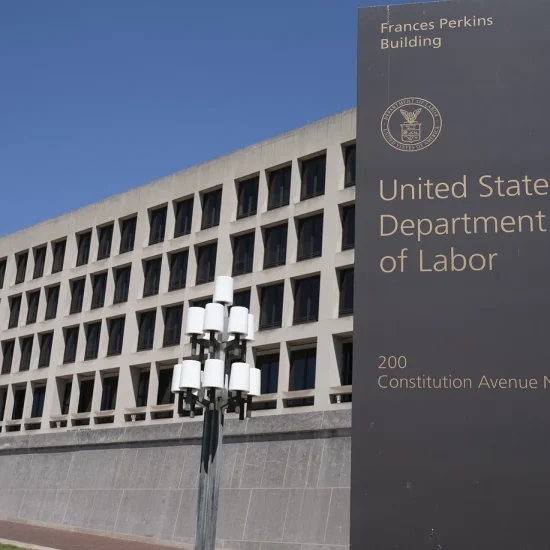
With the excitement of March Madness upon us, we are bound to see more than our fair share of basketball “flops” over the next few weeks. The sports “flop” implies an intentional fall after exaggerated contact with an opponent with the hope of drawing the attention of officials and being awarded foul shots or the ball. A characteristic flop has a player act like the opponent made illegal contact when there has been little to none. They will often fall to the ground and lay there for an extended period with an expressive display of the pain inflicted on them. Injured body parts are held, teeth are gnashed, and even a cry might ring out for all to hear. The hope is to win over the officials so that they award the flopper with some kind of favored treatment after this great wrong. The flop is overly dramatic and cries injustice where there is none, always pinning the blame on someone else.

Rev. Sarah Blackwell
If sports like basketball or soccer were the only places where we saw flopping, we could laugh it off as just athletes trying to gain a competitive edge. Unfortunately, the culture has spread beyond sports. In fact, who are the biggest floppers right now? Christian Nationalists.
With an air of the persecuted, a whole segment of American Christians is doing their best fall to the ground, calling out the “culture” that is beating them down and attacking them unjustly. This perceived persecution comes not from actual injustice but a loss of privileged status that makes some feel like they have been knocked down when, in reality, everyone else has just been lifted up in a reset to equality.
Let’s just take one of the issues that Christian Nationalists are flopping on — the “removal” of Christianity from public schools. In crying foul, they have tried to rewrite the rules by instituting protections such as trying to post the Ten Commandments in each public school classroom in places like Louisiana. One of my favorite clips about this is from the old Colbert Report television show where Stephen Colbert, in his mockumentary style of reporting, asks a congressman supporting the posting of the Ten Commandments in public spaces to name for him what the Ten Commandments are. After struggling to name three or four, the congressman admits that he cannot. This is flopping: “They won’t let us have the religion we actually know little to nothing about!”
When I think about the Ten Commandments being in every school classroom, I have so many questions. Have you ever been around a classroom of elementary students? Or even worse — a class of middle schoolers looking for a loophole to every rule? Do you know how many questions the Ten Commandments on a wall are going to elicit? First, which version of the Ten Commandments will be posted? Will it say “do not murder” or “do not kill”? Will the child whose parent is a police officer or military service member have someone to unpack this question with? How will you describe adultery to a five-year-old? How will you answer when they realize so many of the people that we have entrusted with leadership positions have broken this commandment? What about the child who does not report parental abuse because it says to “honor your father and mother”? How will you handle the child, like my own, who might ask if their dad was a bad person because he worked at a hospital on Sundays because someone must care for the sick and dying? Will the children not see the blatant disregard by society of the Sabbath commandment and quickly recognize and believe that no one follows these statements? How will they answer why the wife is included in the list of possessions that one is not supposed to covet? I can hear the question now: Does that mean the woman can covet someone else’s husband because it does not say you cannot? Will a child be sad that they cannot watch “American Idol” with their family anymore because of rules against idols?
Without parents and trusted faith advisors, the Ten Commandments are not to be tossed around casually. Do you want an untrained teacher or someone who may know absolutely nothing about them teaching them to your children? Yes, they were a set of guidelines to help people live in a community, but the people of the time did not even post them in every room. Instead, what they did post was the Shema, which begins, “Listen, Israel: The LORD our God, the LORD is one. Love the LORD your God with all your heart, with all your soul, and with all your strength. These words that I am giving you today are to be in your heart.” Jesus added to this when he declared, “This is the greatest and first commandment. And a second is like it: ‘You shall love your neighbor as yourself.’” Seems like putting up what Jesus said was the most important command should at least be first priority. Maybe just the simple “Do unto others as you would have them do unto you,” but not in the twisted retributive way that has been used lately as “do back to others what they do to you.” Heaven forbid, we put the Beatitudes up!
We must remember the protections in the U.S. Constitution about the separation of church and state are there precisely because Christians were persecuting other Christians throughout the early colonies. Each of the states had different established forms of Christianity, and they did not get along. After fleeing persecution from religious authorities in Europe, some ran right back into it in the colonies. Quakers and Baptists were persecuted by the Puritans, and the Catholics were at odds with the Protestants. Thus, the Constitution was established in the context of making sure that no one form of even Christianity became established over the others. It is amazing how much harassment Christians can pour out upon others, breeding a culture of judgment and persecution without ever feeling convicted yourself. Remember, what you plant you will also reap.

Photo by Todd Greene on Unsplash
I have long believed in and supported the ecumenical “biodiversity” of different church environments, knowing that different contexts need different styles, theological emphases, and doctrines to best explain the gospel message in their particular place and demographic. Like branches of a tree that spread from the main trunk, the many manifestations of denominations can serve as a wide canopy to cover the human population. Just like a tree, though, sometimes branches age and are no longer fruitful. Those that bear bad fruit or no fruit need to be lopped instead of given special privilege for a flop. Remember, Jesus taught his disciples to look at the fruit and not persecute different “types” of followers who are earnestly trying to share the message: “John said to him, ‘Teacher, we saw someone casting out demons in your name, and we tried to stop him because he was not following us.’ But Jesus said, ‘Do not stop him, for no one who does a deed of power in my name will be able soon afterward to speak evil of me. Whoever is not against us is for us’” (Mark 9:38-40, NRSV). Let’s work together on the same team to do the things that Jesus told us to do.
It might be instructive instead of looking at the floppers to focus on those Christians who are actually being persecuted — often by their own supposed “brethren.” A minister I know recently shared the harassment that her congregation has been receiving from another group of Christians. She is the pastor of an openly affirming church that ministers to the LGBTQ community in Orlando. Her church has come under fire from other Christians who have protested their sacred place of worship as a “synagogue of sin.” This has included both people with bullhorns outside their worship services and them welcoming strangers only to have them stand and begin berating the minsters and congregation during the holy time of worship. This is a foul against Christians.
Ukrainian refugees, which include a high percentage of Christians, are being threatened with being sent home by our government. This is after the Russian attacks destroyed over 600 Christian churches in Ukraine, according to Duke Divinity Professor Curtis Freeman. This is a foul against Christians.
According to Pew Research Center, while 30% of the world’s population is Christian, 47% of all migrants are Christian. What would cause this many Christians to leave their homelands and all they ever knew behind? From Myanmar to Syria, Christians have fled to escape the tyranny of governments that do not offer protections for all to worship as they desire. Palestinian Christians are caught in the crossfire of a war they did not start but are now trapped by. This is a foul against Christians.
There are so many more examples that I am sure someone would foul out soon. All I know is that I have been a Christian American my whole life and have never been persecuted by anyone except other Christians. Honestly, the non-churched have been a pretty tolerant group in my experience. Fine with me to live my life as they do the same. It has always been the other Christians quick to point out any transgression. After spending my entire childhood and youth at church anytime the doors were open, I was told in college that I was not a real Christian because we had a female associate pastor at my church. How is an 18-year-old supposed to respond to having their entire faith questioned? Have we forgotten that Jesus said that they will know we are his disciples by our love not our ability to defend the Bible or condemn our fellow humans?
In recent years, flopping became such an epidemic in the NBA that stricter penalties were created and enforced, such as a non-unsportsmanlike technical foul where the other team gets one free throw by any player. The flopper can also be fined $2,000 or more for repeat offenses. We need to follow the lead of the basketball organizations and call out the flopping when we see it. It is only then that we can see the victims of the true fouls in our society. Let’s put our energy into the places Jesus told us to focus on first, not on flopping our way to special privilege.
Rev. Sarah Blackwell is a contributing writer at Word & Way and a graduate of the Gardner-Webb School of Divinity. She teaches in the Religion and Philosophy Department at Wingate University and is a DMin. student at McAfee School of Theology. While this article focuses on basketball, she recognizes that soccer players are probably the best floppers. Her intergenerational faith formation book, God is Here is available through Amazon and other online book retailers. Follow her writings at www.proximitytolove.org.






